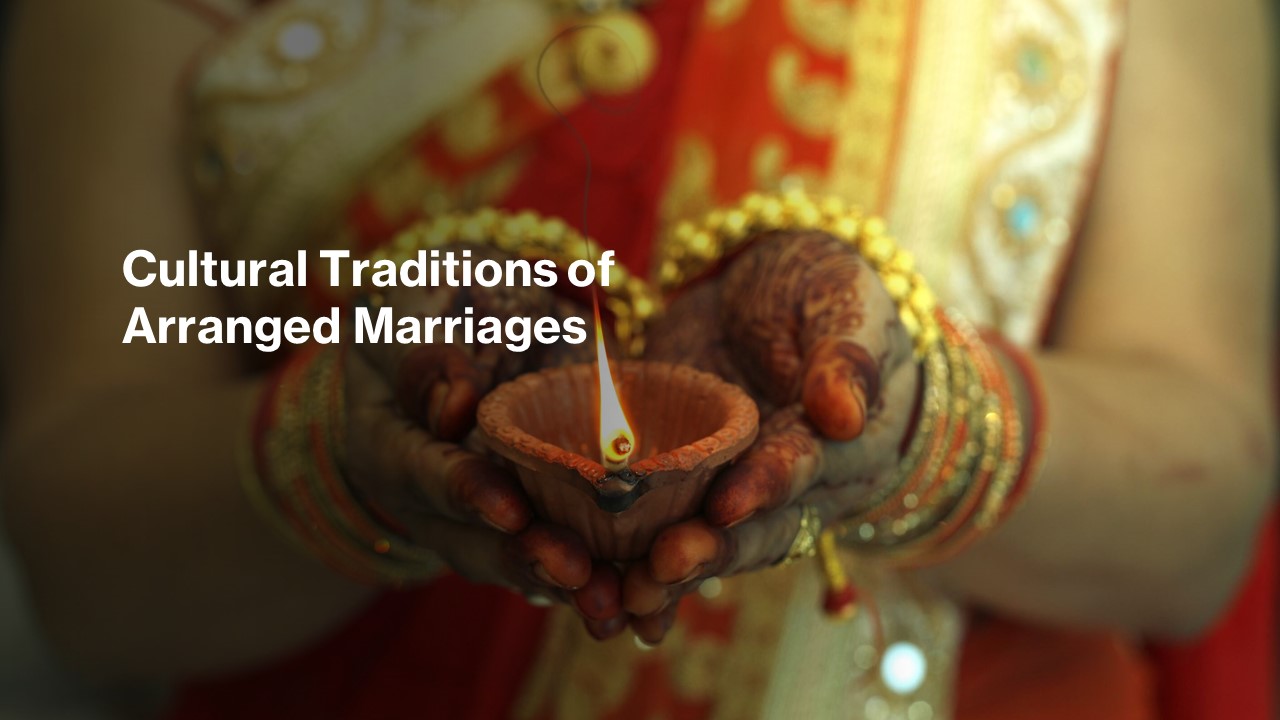Throughout history, arranged marriages of various kinds have been common in many traditional societies of the Western and Eastern cultures, as well as in other parts of the world (Karandashev, 2017).
Why Did People Agree to Arranged marriages?
This sort of marriage arrangement has been largely related to several social and economic factors that people just needed to abide by. They needed to take into consideration the interests of their family, clan, tribe, and local community, which they belonged to. Individual preferences of men and women were subordinated to the obligations of their social relationships. People mostly had a collectivistic mentality. In many respects, they felt interdependent in their family and community relationships.
How Did Cultures Start to Abandon Arranged Marriages?
Over the last several centuries, many so-called Western countries, like western European countries and the United States, have evolved into individualistic cultures. Their societies largely abandoned the idea of arranged marriages for the sake of individual autonomy. People became individuals who were more independent in their family and community relationships.
In the 20th century, social and economic conditions in many countries modernized. During the last several decades, many other countries in the world have also been in transition from collectivistic to individualistic cultures (Karandashev, 2017). So, they gradually abandoned the old-fashioned forms of arranged marriage in favor of the freedom of individual preference and choice.
Many other societies in the world are still in very slow transition from their old traditional cultures of the collectivistic type. Therefore, in those countries, arranged marriages, or their remaining old-fashioned practices, are still widely spread. In isolated, remote, and rural residential areas, these customs are more persistent than in urban areas, where modernization processes take place more rapidly.
What Is an Arranged Marriage?
An arranged marriage is a form of marriage in which the groom and the bride do not decide who they marry. Other people, such as parents or other family members, select and arrange their marriage, with a limited opportunity for the groom or the bride to express their preferences and wishes. Other members of the extended family, community elders, religious leaders, or matchmakers may be involved in helping to find a prospective spouse for a young person. The groom and the bride consent to such a cultural tradition. They agree and trust others to arrange their marriage. They may have a certain degree of choice about whom and when to get married.
Collectivistic and individualistic cultures differ in their views on the conception of individuality and therefore understand freedom of choice differently.
The collectivistic perspective looks at the choice of spouse and marriage from the perspective of family interdependence. Marriage is a matter of responsibility that includes responsibility for the family’s needs rather than for oneself.
The individualistic perspective considers the choice of spouse and marriage from the perspective of individual independence. Men and women view marriage as a matter of individual choice rather than a responsibility for anyone. The freedom to choose a prospective partner has primacy.
